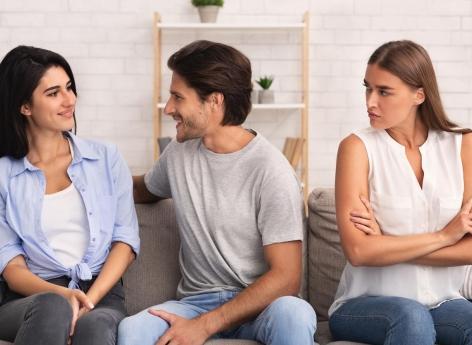Imposing to tidy up, sort, plan or clean can be obsessive for some. Simple character trait or TOC?

With the covid-19 health crisis and the fear of contamination, more and more French people have become cleanliness freaks. The obsession with cleaning or even tidying up actually responds to the doubt and anxiety that is relieved, at least temporarily.
Obsession or OCD?
We often want to tax a “crazy” person who tends to tidy up, clean or plan excessively. In reality, if this term comes from the acronym TOC (Obsessive Compulsive Disorder), it is a disease in its own right which cannot define all the obsessives in the household.
When you suffer from OCD, the consequences on daily and professional life are very important and often prevent you from functioning normally. On the contrary, if an obsessive person seeks to control what escapes him and can be a domestic tyrant by imposing his constraints on others, he maintains normal day-to-day functioning.
How does an obsessive person work?
Having obsessions therefore does not necessarily mean suffering from OCD, but it can be associated with a so-called “obsessive-compulsive” personality which is characterized by an omnipresent preoccupation with order, perfectionism and control.
If this personality disorder can have a different intensity in everyone, to have obsessions is to feel suddenly invaded by a thought and a desire that seem irrepressible and unbearable. Rather than fight, the person prefers to take action and put all anxiety at bay.
If you recognize yourself in this type of personality, take the time to put your desire and your need to take action into perspective to avoid giving importance to your obsessions and maintain a certain flexibility on a daily basis.
Read more: “An infinite doubt: The obsessional in 40 lessons
.

















